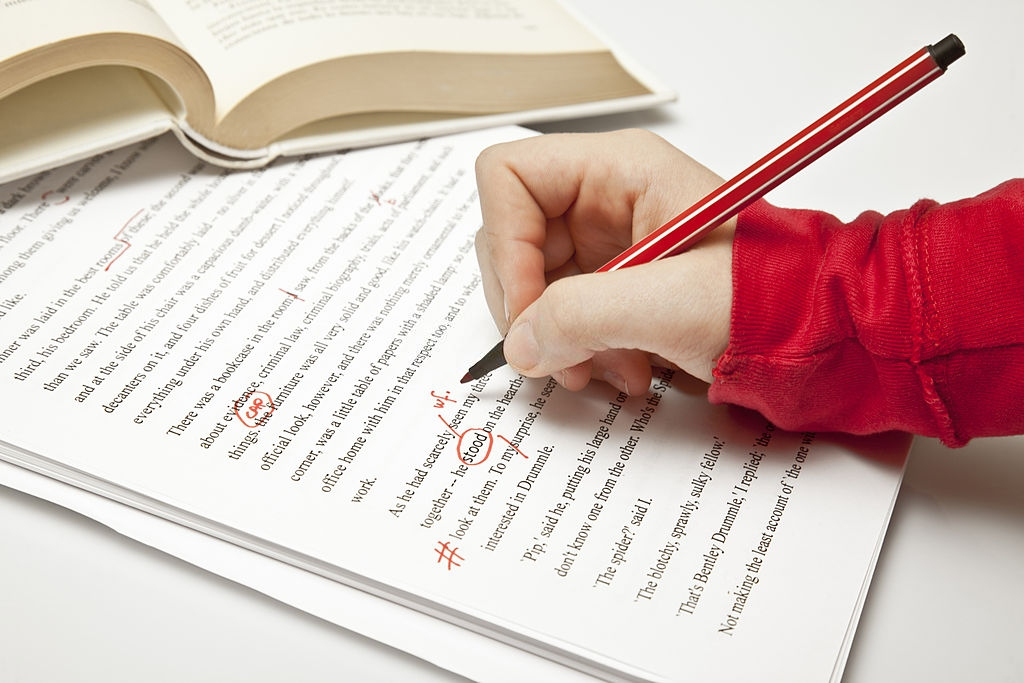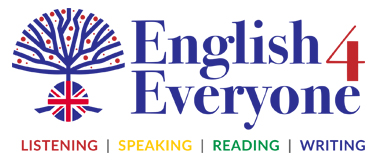Blog
Strategies to Improve Your Spelling in English
The English language is often seen as one of the hardest languages to learn, partly because of the tricky spelling. English word spelling rules come with many exceptions, and this means it can be difficult applying any consistent form of logic when trying to spell a particular word.
For instance, the word ‘physical’ sounds as though it should begin with an ‘f’, and the word ‘psychology’ appears as if it should start with the letter ‘s’. This can be confusing for someone who is trying to start learning English, but the spelling strategies given here will help you to become more successful when spelling English words.
Additionally, you can use the teaching experience of an English tutor to help you practise speaking the English language and learning to spell words correctly.

1. Learn the Rules of English Spelling
Learning all of the rules for English spelling is not an easy task. However, you can start by identifying common letter patterns and their associated phonetic sounds. In this way you can begin to predict the correct spelling of most English words.
Such words include those with a suffix (ending) of ‘-een’, ‘-sion’, ‘-ough’, and ‘-tion’, words that begin with silent letters like ‘p’ or ‘g’, and even homophones. Homophones are words that sound the same but have a different spelling and meaning — for example: sun and son.
2. Learn the Word Exceptions to Spelling Rules
After learning an English spelling rule, ensure that you also try to learn its exceptions. One rule in English spelling is ‘i before e, except after the letter c’. However, this rule is not applicable in the spelling of all English words. So you will need to learn the correct spelling for English words that are an exception to this rule, and thereby avoid misspelling words like ‘weird’ and ‘height’.
Sadly, there are no easy ways to learn every word exception to a spelling rule, therefore you just have to be aware of them. Try to remember words that do not conform to a spelling rule. If you enroll in an English course in Johor Bahru, your native-speaking private tutor will plan engaging lessons to teach you the spelling rules and word exceptions you need to know.


3. Learn Commonly Misspelled Words
There are some words in English that even a native speaker sometimes spells incorrectly. Identify and practise the correct spelling of such commonly misspelt English words until you can write them down without making any mistakes. Then you must regularly use these words in sentences when you speak and write English.
Here are ten widely misspelled words you need to know how to spell correctly:
absence, accommodate, achieve, acquire, believe, foreign, interrupt, misspell, until, weird
4. Sound the Word Out
If you are unsure about the correct spelling of a particular word, say it aloud very slowly. Immediately after you do this, write down what you hear. But be careful, as this spelling strategy will not work with every word. For instance, the word ‘chaos’ does not sound the way it is written. For such words that sound differently from their actual spelling, learn and practise the correct spelling of these words.
Simpler words like ‘blink’ and ‘blank’ will be spelt the right way if you sound them out letter by letter. Doing this will not only help you spell better, but also improve your word pronunciation.


5. Shorten Long Words
Some English words are long and therefore more challenging to spell. What you can do with such words is to use the ‘chunking method’. The ‘chunking method’ simply means you chunk (or break) the word down into shorter parts. By doing this, you will not be trying to learn the spelling of one long word, but instead have a few shorter parts of the word to memorise.
For instance, the word ‘legislature’ can be chunked like this: le + gis + lat + ure . If you can remember the spelling of these four short parts of the original word, you will spell ‘legislature’ correctly every time.
Use this spelling strategy with any long word you have difficulty in spelling, and it will make the spelling of such words much easier to remember.
6. Play Word Games
A fun way to both test your spelling ability and learn new words is by playing word games. Taking part in fun word games like ‘Scrabble’ and ‘Scattergories’ will help to improve your spelling ability.
If possible, play with a native English speaker or someone who has mastered the language. Should this speaker also be a private home tutor for English in Johor Bahru, even better!

Using any of the above strategies will allow you to improve your spelling of English words. Keep practising every day, and in a very short time the correct spelling of English words will become a lot easier for you!
If you also start to have English Tuition from a native-speaking British trained teacher in Johor Bahru, your fluency when speaking and correctly writing English will improve dramatically too.
